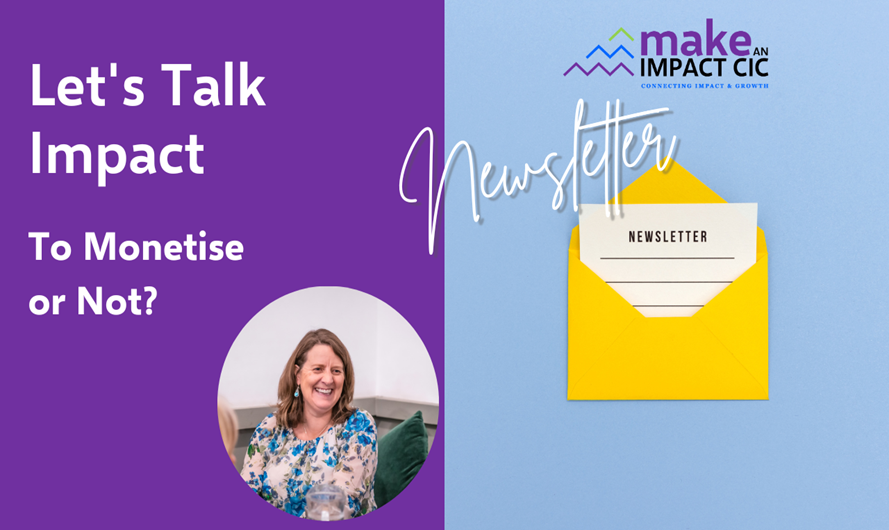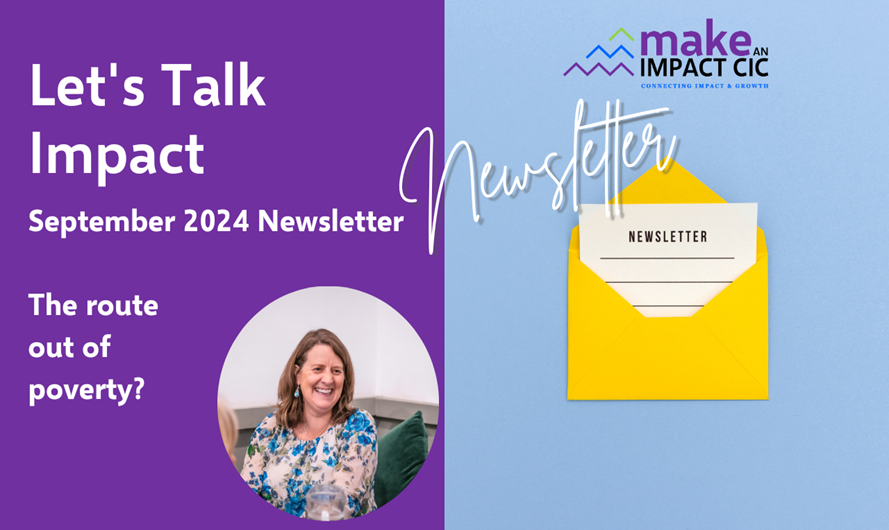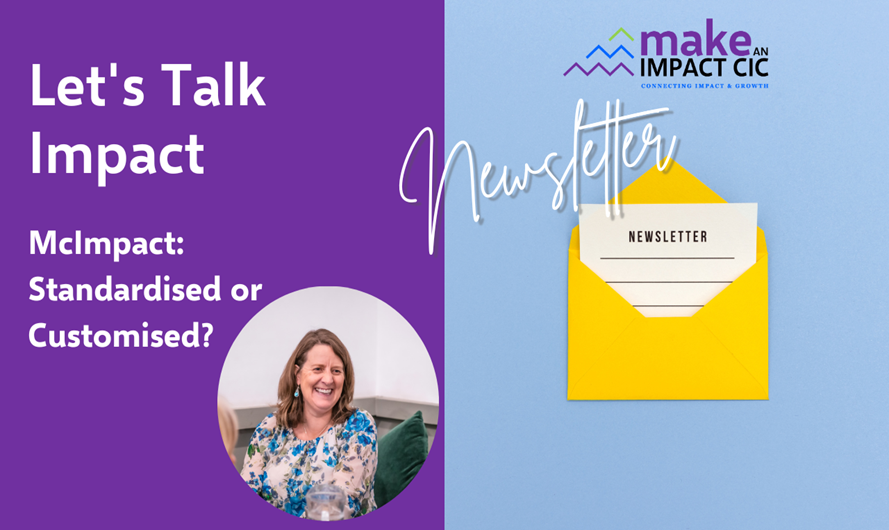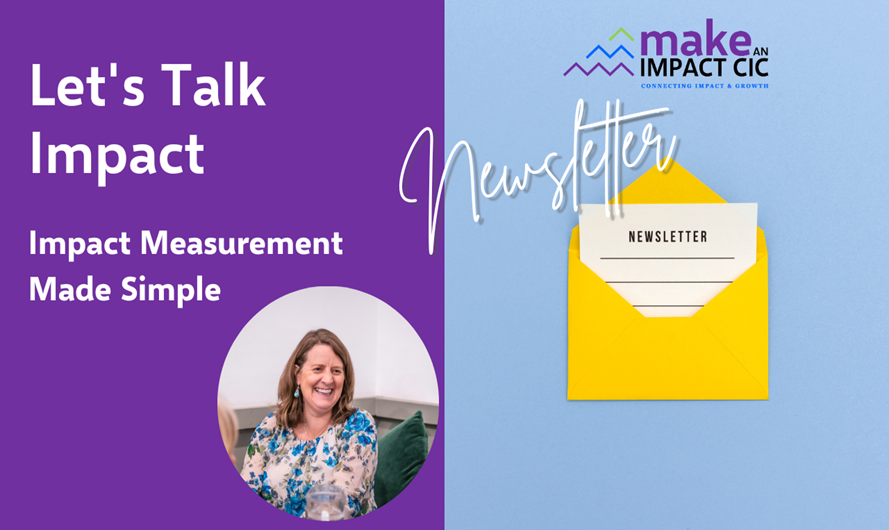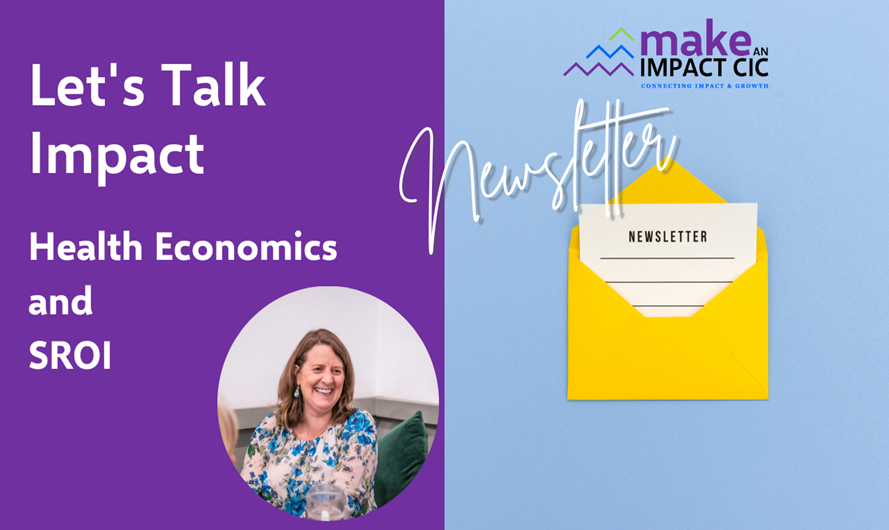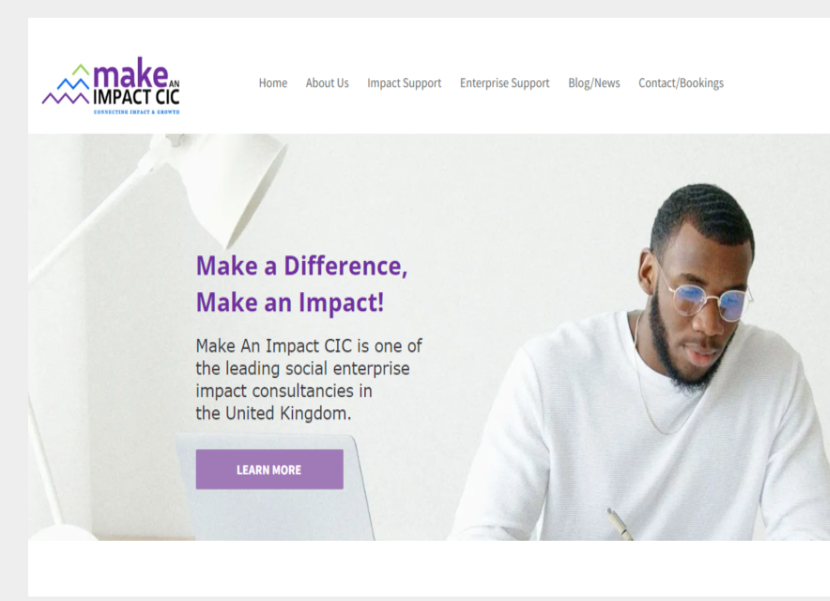We know that financial exclusion and poverty affects health, and to me it makes sense that our goal should be to increase incomes as a way to reduce financial exclusion AND to improve health, mental health and wellbeing. The two are intrinsically linked – and I believe you can’t have health without financial inclusion and vice versa.
In this blog, I’m sharing the facts and data that back this up, and calling on more joined up thinking between organisations that work in my two worlds of health and financial inclusion.
The current state of population health in the UK
Rising Health Inequalities
The truth is it’s bad and getting worse – health inequalities are growing, with deprived areas having the lowest life expectancies compared to more affluent area. There’s been no levelling up and if you live in a poorer area you’ll live 10 years less than those in more affluent areas.
- The UK has seen a widening gap in health inequalities, with life expectancy disparities growing between affluent and deprived areas.
- According to the Office for National Statistics, the difference in life expectancy between the richest and poorest areas in England is over 10 years for both men and women.
- The Marmot Review 10 Years On highlights that health inequalities are a significant concern, with little improvement over the past decade.
If you have a low income you’re twice as likely to have a long-term health condition compared to more affluent individuals – including diabetes, cardiovascular diseases, and respiratory conditions – and more likely to have risk factors for chronic diseases as well.
But it doesn’t stop there. If you have financial difficulties or lower income you’re more likely to have mental health issues, including twice the likelihood of having anxiety and depression. According to Mind, financial stress is a leading cause of mental health issues, with 46% of people in debt also experiencing mental health problems, and Step Change found that this figure was 60%.
Financial exclusion and its direct impact on health outcomes
I know, you’re thinking, ‘Great Heidi, thanks for sharing all those soul-destroying facts.’ But let’s focus on the ‘so what?’ and look at the evidence about how financial exclusion and poor health result in poorer access to services and huge economic costs.
Here’s some facts:
- The Joseph Rowntree Foundation found that financial barriers prevent 1 in 10 low-income households from accessing necessary healthcare services.
- Financial instability is a significant stressor, contributing to poor mental health.
- The Money and Mental Health Policy Institute found that 86% of people with mental health problems say their financial situation has worsened their mental health.
- Financially excluded individuals often struggle to afford nutritious food and adequate housing, leading to adverse health outcomes.
- Poor housing conditions, exacerbated by financial exclusion, are linked to respiratory illnesses and other health issues, as highlighted by Shelter UK.
The economic cost of health inequality
- Health inequalities result in higher healthcare costs due to increased demand for medical services.
- The King's Fund estimates that health inequalities cost the NHS at least £4.8 billion annually.
- Addressing socio-economic determinants of health could reduce healthcare costs by 15%, according to a study by the Health Foundation.
- Poor health outcomes due to financial exclusion led to significant productivity losses.
- The Department for Work and Pensions reports that poor health is a primary reason for economic inactivity among working-age adults.
- The Confederation of British Industry (CBI) estimates that ill health costs the UK economy £77 billion annually in lost productivity.
- Health disparities contribute to a greater reliance on benefits, increasing public spending.
- The Joseph Rowntree Foundation states that poverty and poor health significantly increases the costs of benefits.
- The cost of supporting individuals with long-term health conditions through benefits payments is estimated to be over £20 billion per year.
What’s being done to reduce financial exclusion and improve health outcomes?
Let's start with a common approach: improving financial literacy. The Money Advice Service reports that 39% of adults in the UK lack confidence in managing their money – a very scary statistic. While enhancing financial literacy is essential, financial exclusion isn't solely due to poor financial decisions or lack of awareness about available services. There are deeper, systemic issues at play.
Another critical step is increasing access to affordable financial products for those excluded from mainstream finance. The Financial Conduct Authority (FCA) highlights that nearly 13 million people in the UK have low financial resilience. Community Development Financial Institutions (CDFIs) and credit unions offer crucial support, providing innovative payment solutions and financial products to those in need.
However, improving financial literacy and access to financial products isn't enough if people don’t have sufficient income to meet their basic needs. A negative budget, where outgoings exceed income, leads to chronic stress and health issues. Adequate benefits and support systems, combined with employment opportunities that pay at least the living wage, are vital.
Of course, on the flip side there are numerous services focused on improving mental health, reducing stress and physical health – but without working on the financial stressors that are creating the health issues the results are unlikely to be lasting.
What next?
I envision a future where my two worlds of health and financial inclusion collide more frequently. We need more collaborative efforts that recognise the interconnectedness of financial stability and health. Ending the cycle of poverty and poor health requires more than one-off interventions; it demands a holistic approach addressing all levels of the problem. Only through coordinated, multifaceted strategies can we create true financial inclusion and positive health outcomes for all.
Who’s with me?
.......................................................
"Hi, I’m Heidi, an impact measurement expert, passionate about helping you make a bigger impact in the world by maximising the impact your services have.
"I can help you to measure, manage and communicate the impact you have better to funders, investors, commissioners and other stakeholders, and to systemise your data collection and analysis so that it frees up time and doesn’t become an additional burden.
"I love helping you to measure social and economic impacts, including Social Return on Investment or value for money assessments, as part of understanding the change you make to peoples’ lives.
"Get in touch by sending me a message if you’d like to discuss your next impact project."
All the facts and figures
For the data and research geeks amongst you, here’s references and sources for all the data shared today as well as some extra ones if you want to spend several days reading around the topic:
1. Office for National Statistics (click here)
2. Institute of Health Equity. The Marmot Review 10 Years On (click here)
3. Public Health England. Health Inequalities Dashboard (click here)
4. NHS Digital. Health Survey for England (click here)
5. NHS. Mental health and wellbeing in England (click here)
6. Mind. Financial problems and mental health (click here)
7. Financial Inclusion Commission. Financial Exclusion Statistics (click here)
8. Joseph Rowntree Foundation. UK Poverty 2022 (click here)
9. Money and Mental Health Policy Institute. The financial and mental health emergency (click here)
10. StepChange. Debt and mental health statistics (click here)
11. Trussell Trust. Foodbank use statistics (click here)
12. Shelter UK. Impact of poor housing on health (click here)
13. The King's Fund. The economics of health inequalities (click here)
14. The Health Foundation. Health equity in England (click here)
15. Department for Work and Pensions. Economic inactivity due to poor health (click here)
16. Confederation of British Industry. Health and productivity (click here)
17. Joseph Rowntree Foundation. Poverty and welfare costs (click here)
18. Department for Work and Pensions. Welfare benefits statistics (click here)
19. Money Advice Service. Financial capability (click here)
20. All-Party Parliamentary Group. Financial education for young people (click here)
21. Financial Conduct Authority. Financial lives survey (click here)
22. Fairbanking Foundation, Improving financial wellbeing (click here)



